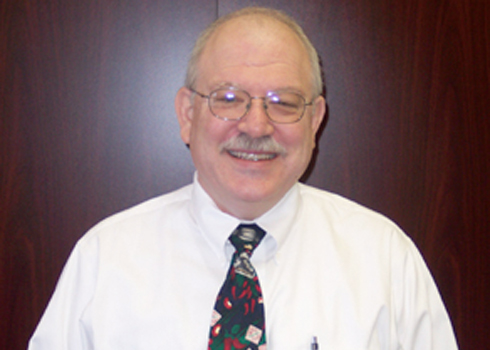In his first extended public remarks since his ouster, the former chief executive officer of Louisiana’s Office of Group Benefits (OGB) expressed doubts about the Jindal Administration’s plan to privatize the agency, which manages state public employees’ health insurance.
“There’s a million details that would have to be worked out in order for a sale to be favorable to the state,” Tommy Teague told the Louisiana Senate Committee on Retirement at a hearing in Baton Rouge on Tuesday.
State Senator D. A. “Butch” Gautreaux (D), chairman of the committee, member of OGB’s advisory board and among the most vocal opponents of the privatization plan, organized the hearing. Last week, he told TPM he believed Jindal is looking to “raid” the OGB’s half billion dollar surplus to help plug a $1.6 billion budget gap. Earlier this year, the governor’s budget proposal touted the plan by saying it would eliminate 149 jobs and generate “recurring savings of $10.2 million.” But critics counter that the move could cost state employees and taxpayers money in the long-run, in the form of reduced benefits and increased premiums.
At Tuesday’s hearing, administration officials said fears about the plan are overblown. They attempted to frame the issue in philosophical terms.
“Should the state of Louisiana be an insurance company or do you provide it to a private company to run?” Commissioner Of Administration Paul Rainwater told the committee. Rainwater said privatizing would “unleash some of the value” of the agency, potentially net the state $150 million in up front cash, and “create something that’s much more efficient.”
Teague was fired from OGB on April 15, just as questions about the potential sale of the agency were getting louder. And when he testified Tuesday, he appeared much less convinced than Rainwater about the financial benefits of the proposed plan. By many accounts a popular and competent administrator, Teague referred to OGB as “we” several times during his testimony.
“Fully-insured [insurance] plans are simply more expensive than self-insured plans,” he said.
Teague also said the agency’s large surplus fund — which was accumulated during his tenure — would be part of any sale, but expressed bewilderment at the math of such a deal.
“You give up 520 [million dollars], and you’re going to get back 150 [million dollars]?” Teague said. “I don’t understand how that works.”
Critics of the privatization plan have asserted that the OGB’s more than $500 million surplus would somehow be divided between the state and the purchaser in the event of a sale, and a new bill in the Louisiana legislature appears to override the law that prevents the money from being used by the state for “cash flow” purposes. TPM’s requests for comment from the administration on this matter have so far not been returned.
After his dismissal, Teague told local news that he was not given a reason for the move. When asked about Teague’s dismissal at the time, Rainwater said the administration thinks “it is extremely important to have a leader who will work with us.”






